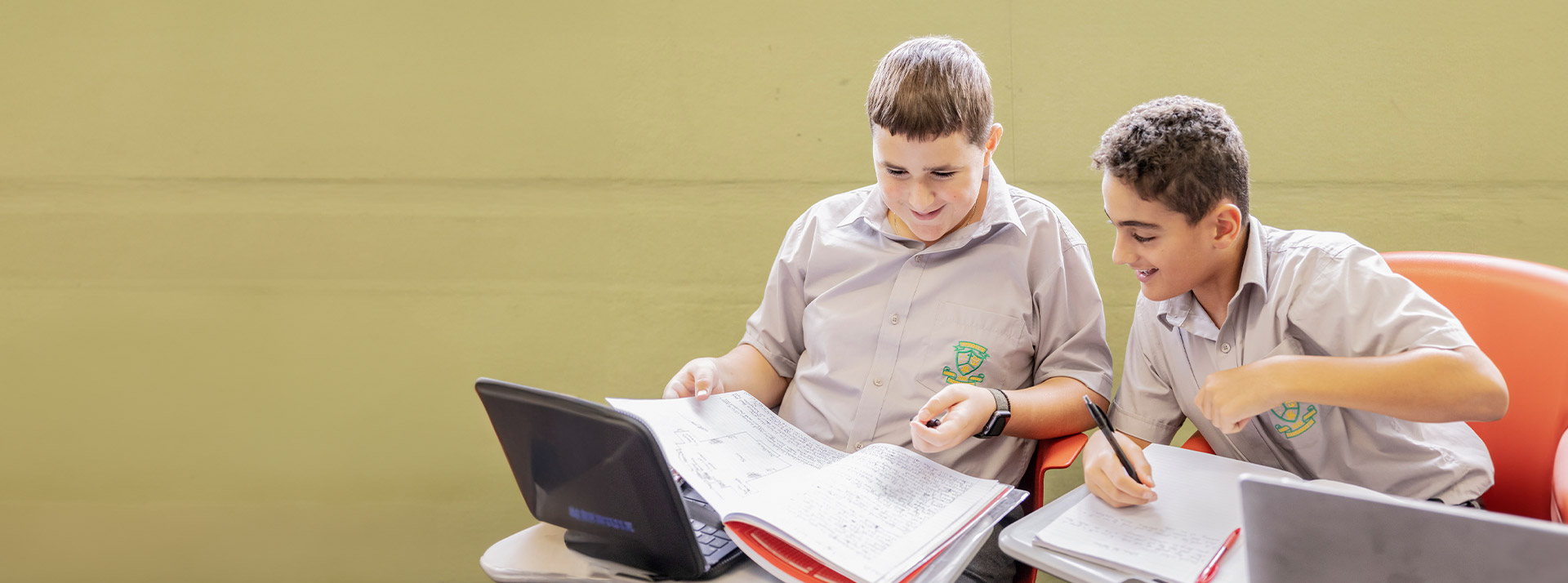A place to belong
As part of a system of Catholic schools in the Diocese of Parramatta, our students are treated with dignity and respect. Their safety and wellbeing are our top priorities. The wellbeing and safety of all students is central to the purpose of Catholic education and we acknowledge that healthy relationships and exceptional pastoral care are core to each child’s positive experience at school.
Schools in the Diocese of Parramatta have a strong focus on pastoral care, and in addition the support of our school counsellor, additional resourcing is provided for wellbeing initiatives overseen by the Wellbeing Coordinator. The Wellbeing Coordinator is supported by staff on the Wellbeing and Behaviour Team, Leading Counsellors as well as K-12 System Counsellors in the implementation of these wellbeing initiatives.
Parramatta Marist is committed to providing a learning environment where students can thrive, feel safe and supported, and are nurtured to grow, belong and be confident.
Parramatta Marist equips students with the knowledge and skills to cultivate their wellbeing through Religious Education, health, and wellbeing classes. We believe this sense of wellbeing and connectedness promotes healthy personal development in students and contributes to their academic success.
We support the social and emotional welfare of students and their families through effective strategies, recommendations, policies and procedures, guidelines and tools. Our strong focus on pastoral care includes school counsellors and wellbeing initiatives to support students.
Every student is valued and fully participates in our Catholic learning community.
Parramatta Marist has implemented a best practice and nationally recognised multi-tiered systems of support for students needing additional tiers of intervention in their learning. Watch the video to learn about the impact on reading fluency and positive gains made in learning.
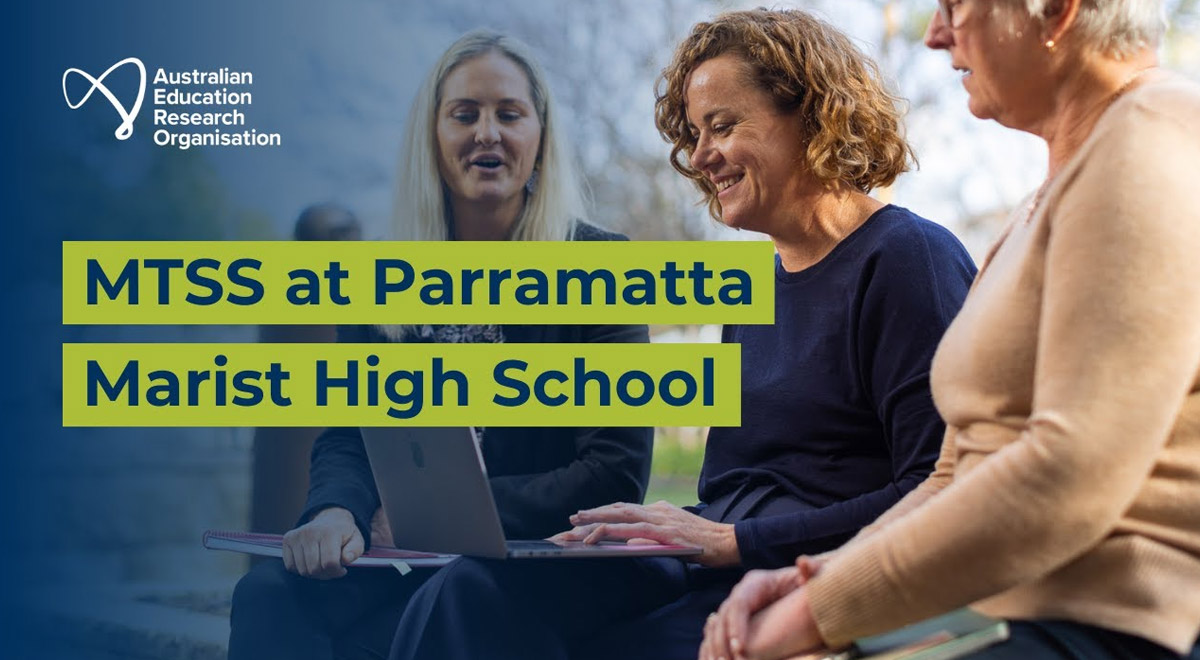



Our wellbeing initiatives
Pillar Award Merit System
Skodel
Weekly breakfast club
Wellbeing workshops
Teen Mental Health First Aid
House system
Parent workshops
Bronut Day
Homeroom teacher
Year Coordinator
Buddy program
School counsellor
Pastoral care programs at each year level are designed to help build resilience, independence and courage within each student.
Other Initiatives
House system
The house system is integral in creating our strong sense of community and belonging. When students join the school, they are placed into one of four Houses which they will remain in for their entire time at school.
Each house is led by Year 11 House Captains who are appointed by the School Executive following an extensive leadership process. The House Captains are supported by the Year 12 Student Leadership team and play a key role in leading and supporting various school initiatives.
The house system encourages active participation from all students in diverse school activities where they are given the opportunity to accumulate points through achievements in areas such as school carnivals, extracurricular programs, sport, academic achievements and community involvement.
The school is organised into four Houses for sporting and extra-curricular events:
- Alman House, named for Brother Alman Dwyer, former Principal of Parramatta Marist (1961-1965)
- Campion House, named for Campion, the religious name of Edward Muldoon, Marist Brother and devoted teacher (1967-1990)
- St Vincent House, named for St Vincent de Paul, the patron saint of charity.
- Harroway House is named in honor of the three Harroway brothers, all of whom became Marist Brothers. Brother John Harroway, also known as Brother Gabriel, was the first to join, followed by his brothers, Brother Jerome (Hugh) Harroway and Brother Andrew Harroway.
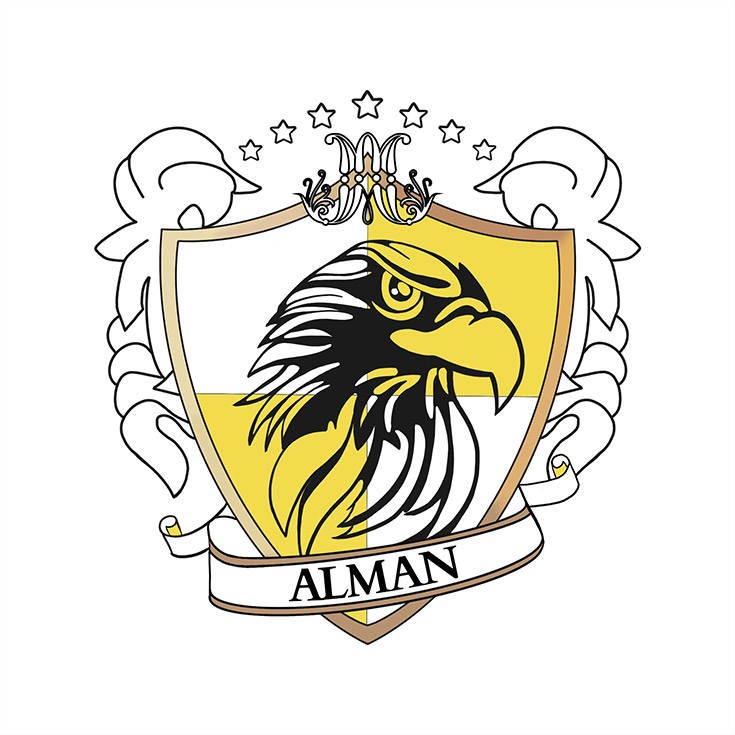
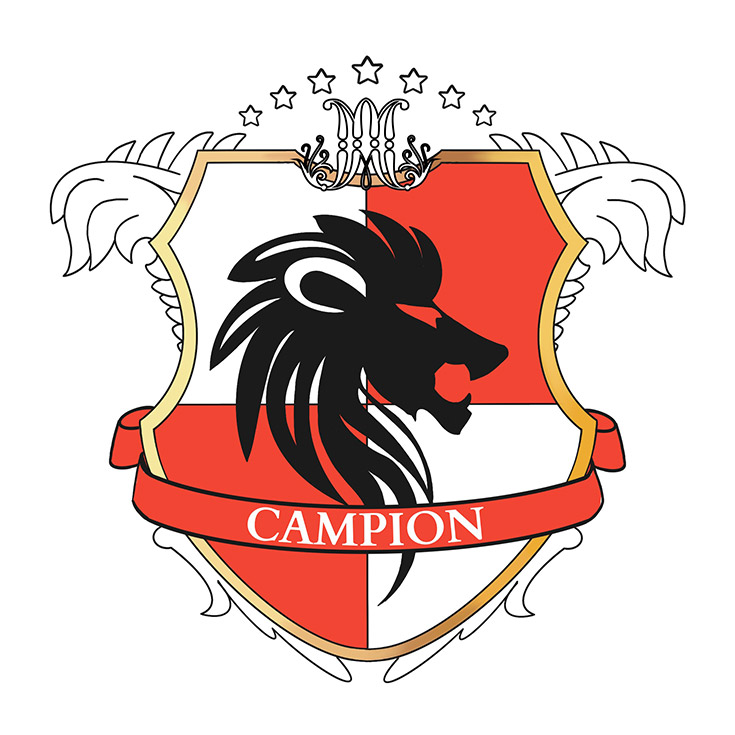
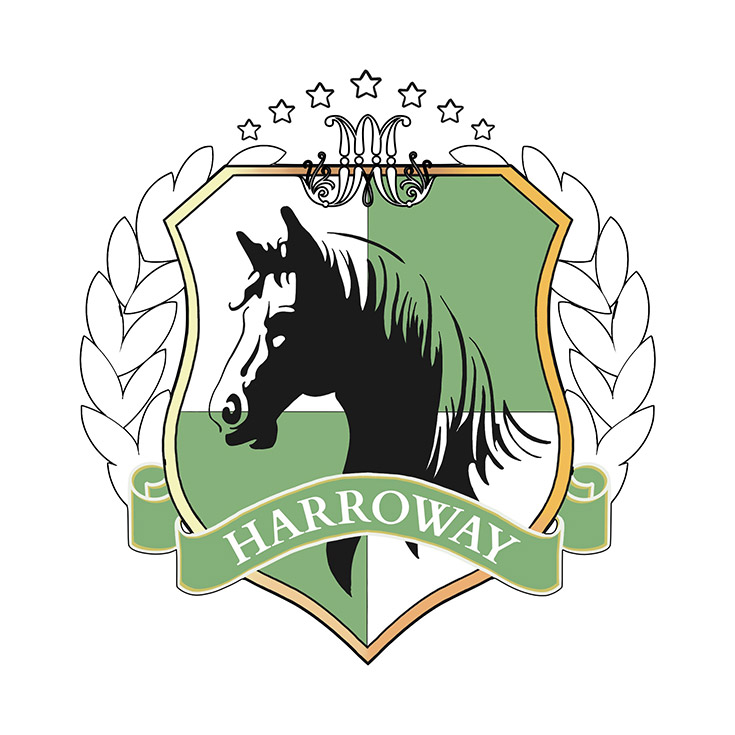
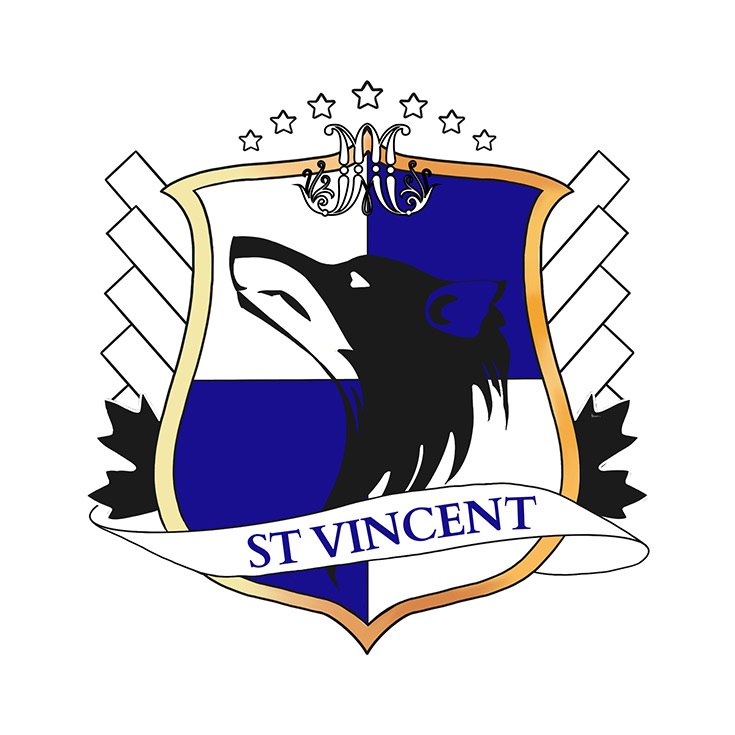
Recognition of students
At Parramatta Marist we have a focus on recognising positive student behaviours. An important part of our student management policies is our student merit system where students are eligible for a number of awards to recognise and reward excellence in student achievement, attitudes and positive behaviours.
Students in Years 7, 8 and 9 can work their way through the Junior Student Merit System which is recognised through receiving merits from staff for displaying positive behaviour or good work consistently. Throughout an academic year, students who accumulate merits can be eligible for a Merit Certificate, Year Coordinator Award, Assistant Principal Award or a Principal’s Pillar Award.
Students in Years 10, 11 and 12 can work their way through the Senior Student Pillar System to complete 5 pillar submissions across the three categories of Faith and Mission, Learning and Achievement, and Wellbeing and Growth, totalling 15 submissions per academic year.
These submissions will need to fall into the categories of our Marist Pillars:
- Family Spirit
- In the way of Mary
- Simplicity
- Love of work
- Presence
The pillar awards recognise substantial efforts for the school community that is done with humility and shows students are going above and beyond what is required of them by living out our Marist pillars.
Students who receive three Principal’s Pillar Awards for Year 7, 8 and 9, will be eligible to receive a Junior School Principal’s Award. Students who receive three Pillar Awards for Year 10, 11 and 12, will be eligible to receive a Senior School Principal’s Award. Students who receive six Pillar Awards for Year 7, 8, 9, 10, 11 and 12 will be eligible to receive the St Marcellin Medal for service and commitment to the Marist Ideals.
Student Leadership
Leadership is about the art of motivating, influencing, and directing people so that they work together to achieve the goals of a team or broader organisation. It’s important for students to experience leadership opportunities during their schooling, to learn the art of building relationships within teams, defining identities, and achieving tasks effectively. It also provides an opportunity to learn to identify and display effective communication and interpersonal skills.
Leadership begins with identifying and understanding our values. Our values are our fundamental beliefs – those principles we consider to be worthwhile and desirable. At Parramatta Marist, we believe all members of our community should be capable of exercising leadership in different contexts. The more leadership is encouraged, the more it flourishes.
Student leaders exemplify the school’s values of compassion, courage and commitment to our five pillars of Family Spirit, Presence, Love of Work, Simplicity and in the Way of Mary. Student leaders are expected to provide good role modelling for other students, by setting the highest example in dress, attendance, conduct and involvement in school affairs.
Student leaders are also expected to develop appropriate understanding, skills and attitudes of leadership and action during their term of leadership. The primary function of Students Leaders is to act as the student representatives of the school both to the school and to the community outside the school.
There are four forms of Student Leadership opportunities at Parramatta Marist:
Marist Mission Leaders: Having Jesus Christ known and loved, in the way of Mary, is at the heart of the Marist mission. Being Christ centred through Marist eyes permeates all that we do and needs to be the foundation of what we do at the school. Given that the Marist Brothers will not always be with us, the continuation of the Marist Charism becomes paramount and it will be through our Marist Solidarity Leaders across Years 7-12 that will continue the essence of what it means to be Marist.
Student Representative Council (SRC): The SRC is primarily formed on the basis of service and provides an important social justice focus within the school through raising awareness of worthy causes. The SRC listens to the members of the school community and forms an important channel for communication between students and the Executive. The SRC comprises one student from each Homeroom across Year 7-12.
Year 11 House Leaders: These students are leaders who will lead and support the houses as well as develop activities for the House Cup. These student leaders also become the role models for students in their Houses, demonstrating the high standards we ask of our students.
Year 12 Student Leaders: These students are leaders who support the school's Mission Statement through their actions and in particular, reflect the school's values of compassion, courage and commitment. As such, they become the role models for all students at the school, demonstrating the high standards we ask of our students.
Building child safe communities
We are committed to providing children and young people with school environments where they are safe, informed and able to participate, and where the adult community works together with them towards making this happen.

